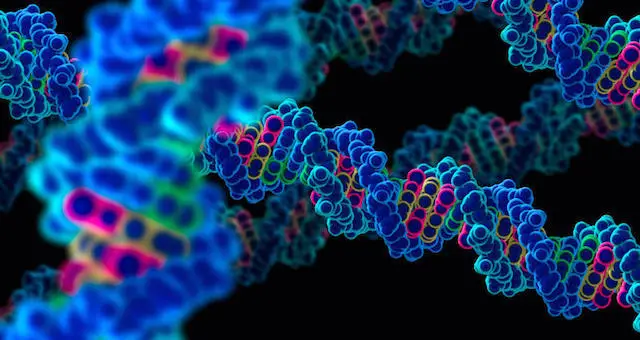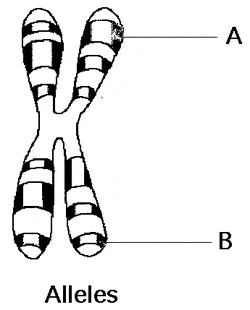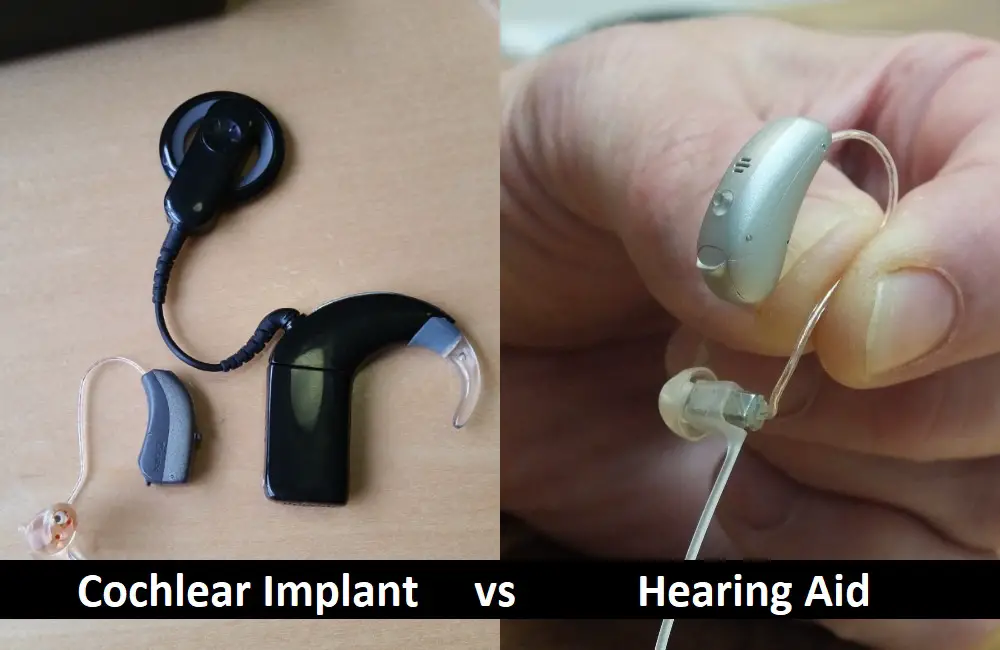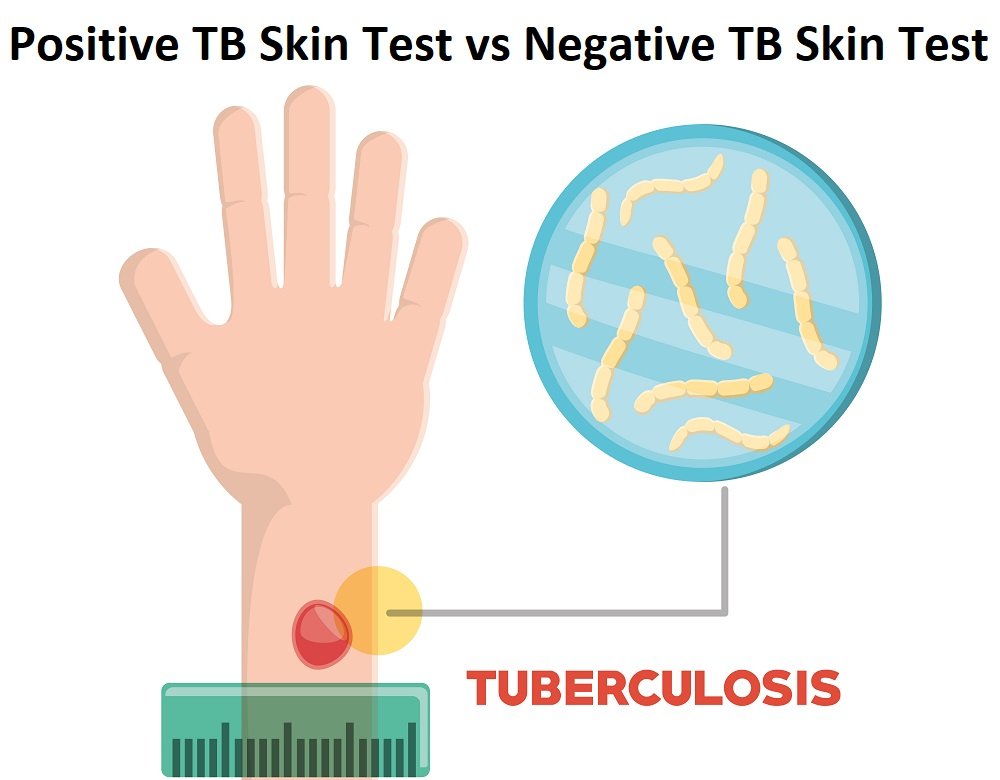Gene Vs. Allele: What Are The Differences?
When it comes to genes verses allele, how many of us can say for certain what the difference is? A gene is a part of the DNA. An allele refers to the different versions of the same gene.
Alleles
Alleles are the various sequences in the DNA that determine what characteristics an individual will have. Your eye color is decided by a single gene, but in order for this to occur the alleles must carry the color. For example, hazel eyes would need to have one allele carry blue and the other carry green. Alleles occur in pairs and are differentiated into recessive and dominants categories.
Alleles produce opposite phenotypes that by nature are contrasting. Homogeneous, or same, pairs are called homozygous. Two different alleles that are paired are called heterozygous. Know the difference between homozygous and heterozygous.
Genes
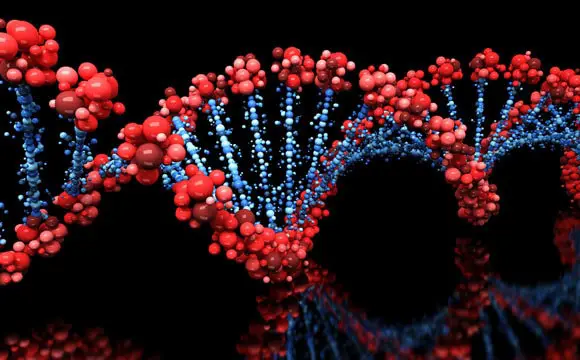
Genes are the different parts of DNA that decide what genetic traits a person is going to have. For example, your eye color is determined by one gene. Genes do not occur in pairs or differentiate into recessive and dominant categories.
Gene dominance is determined by phenotype. This will be categorized as AA or Aa. Dominants are easier to find because they express themselves better when paired with either allele.
Recommended for You:
Inherited Traits
Every person inherits a pair of genes from each parent. These inherited genes are exactly the same. The differences between people occur not through our genes but through our individual allele pairs.
A trait is what you see, or in other words the physical expression of the genes themselves. Alleles decide the different versions of the genes that we see.
Gene |
Allele |
|
|
|
|
|
|
|
|
